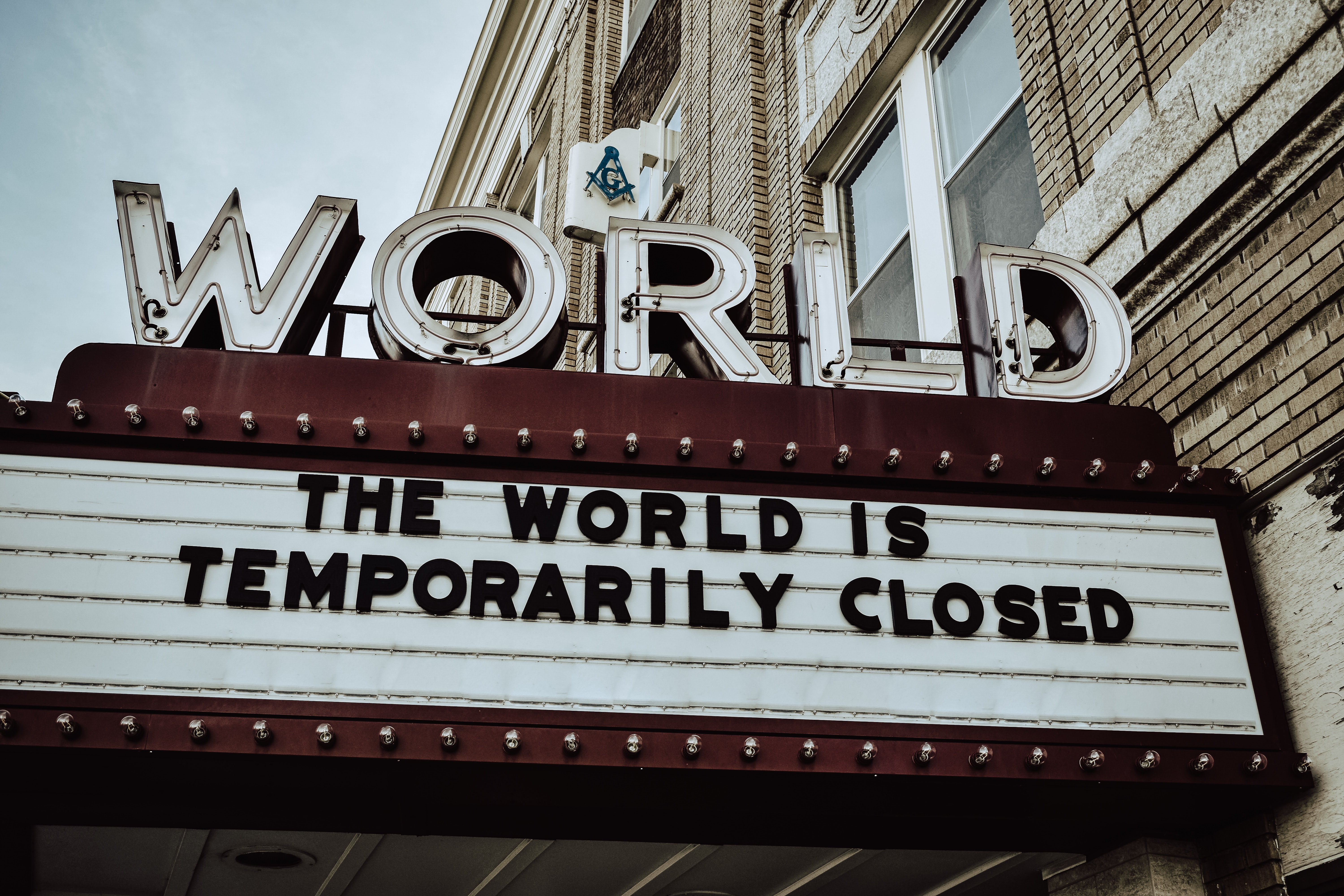Suddenly without warning. The way we lived, loved and coped changed. Definitely not by our terms and no one consulted us about it. Because, hey, if we intentionally changed our existence to such levels of discomfort, it had to do with some necessity of our own bargain, right?

Covid 19 wore the army garb and came to war with us; not on the battlefields but on the landscape of our regular lives. So we ran for safety. Indoors and confined. Thrusted with more time that we were prepared to deal with, and with less human contact than we could cope, the Covid 19 war relentlessly pushed us into feelings of apathy, demotivation and fatigue.
Hearing the term ‘pandemic fatigue’ for the first time may seem like hearing that you need to set aside time to relax and rest after a couple of super-tight busy days, naturally. Only that this time around, the ways you thought worked and tried to apply no longer appear effective – because the pandemic fatigue is a unique package which must be addressed on its own terms.

To be clear, pandemic fatigue is not a medical condition. Pandemic fatigue is a term used to describe the prolonged uncertainty and disruption caused by the lockdown of Covid 19. With the pandemic fatigue came the silent threat to our mental and emotional well-being.
HERE ARE 5 EFFECTIVE WAYS TO ADDRESS THE PANDEMIC FATIGUE
1. Observe Physical, Not Social Distancing: Prolonged isolation puts our physical, emotional and mental health at risk. Gratefully, technology and social media are invaluable tools to utilize – not by scrolling endlessly for hours on exciting but shallow social media space – but in making positive efforts to reach out to friends and loved ones through tools like video chats, phone calls, emails and instant messaging.
Letting go of usual inhibitions is crucial because our survival is now at stake. For instance, do not be shy or hesitant about reaching out to a friend or loved one when you are having a bad day, or checking in on friends to see how they are coping. Finding ways to render kind acts albeit virtually, goes a long way to de-stress, and be social once more even without physical closeness.
TIP: Make plans to video-conference with friends, have a one-on-one get together, or arrange a group game online. It may not be the same as meeting in person, but it is a practical measure to reduce the pandemic fatigue considerably.
2. Make The Best Of Your Circumstances: Are you caught in nostalgia and regret over what you can no longer do? Look forward to focusing on things you can do rather than things you cannot do. Take advantage of the current situation. One positive result has been more family time to bond. If this appears more negative than positive with your unique family situation, then it is time to work through some nagging, possibly unresolved issues.
Another way to deal with the pandemic fatigue here is by revisiting dreams you once thought were not possible, projects you previously had no time for, hobbies you activated only in theory, goals that daily living had turned what might only be possible in an afterlife. The trick is not to rush into anything; decide what is possible, doable and sustainable.
Bottom line: Decide. Learn a strategy. Take that first step.
TIP: Grow a little garden of vegetables and herbs, or use your living space to implement a virtual decorating course.
3. Stick To A Routine: One of the most confounding challenge the pandemic threw at us was having more time than we were accustomed to having and getting to manage this ‘time load’ effectively.
Having and sticking to a routine means having to create a fresh schedule AND stick to it. Let your schedule reflect a work-life balance that addresses your current situation: work-from-home, online schooling, household chores, family time, being outdoors, and exercising are examples of what you can incorporate into your routine.
Be flexible. Review and revise your schedule as necessary.
TIP: Don’t make it compulsory to change the routine you were used to before the pandemic. Simply replace some of your previous activities with newer healthy and productive ones.
4. Get Spiritual: Recognizing the need to search for a greater purpose to our existence is not an exclusive part of us. Rather, it has been found to be an inherent need that leads to inner peace and purpose, resulting in an inner strength to cope with the pandemic fatigue, and just about anything life throws at us.

Human spirituality is composed of relationships, values, and life purpose; research has it that “those who have religious or spiritual beliefs are happier than those who don’t, no matter what their beliefs”. According to the Washington Post, “religious beliefs give people a sense of meaning. It also gives them a social network. It gives a sense of well-being or comfort.
https://www.washingtonpost.com/national/religion-is-a-sure-route-to-true-happiness/2014/01/23/f6522120-8452-11e3-bbe5-6a2a3141e3a9_story.html
TIP: Read a portion of a preferred scriptural book each day. For instance, the Bible is an ancient book, probably the oldest that has survived in modern forms till date. You can start with a reading of any version following a schedule that addresses areas of interests to you: digesting book of songs, or exploring the book of practical and timeless wisdom are popular areas to start with.
5. Adapt To Changing Seasons: Depending on where you live, try to adjust your living room or work area to maximize sunlight. A healthy dose of sunlight improves your sleep, reduces stress, strengthens your immune system and helps fights off depression.
Where the weather is cold, plan outdoor activities you can do despite the cold weather and wear related clothing. If summer is approaching, people will spend more time outdoors so play safe and restrict movements around.
TIP: Bring your human ability to adapt to work. Take note of each changing season and make the best of it.
The pandemic will not stay with us forever, neither should we allow the pandemic fatigue to. Rather than letting the pandemic dictate our lives, let it be a chance to : Adapt. Live. Thrive.

MYRA ADEDAPO.
(Myra Adedapo is a freelance content marketer from the African continent. Specializing in Mental Health, she writes for mental health startups, providers, and institutions that cater to preventing, and alleviating the challenges that accompanies mental health problems).

